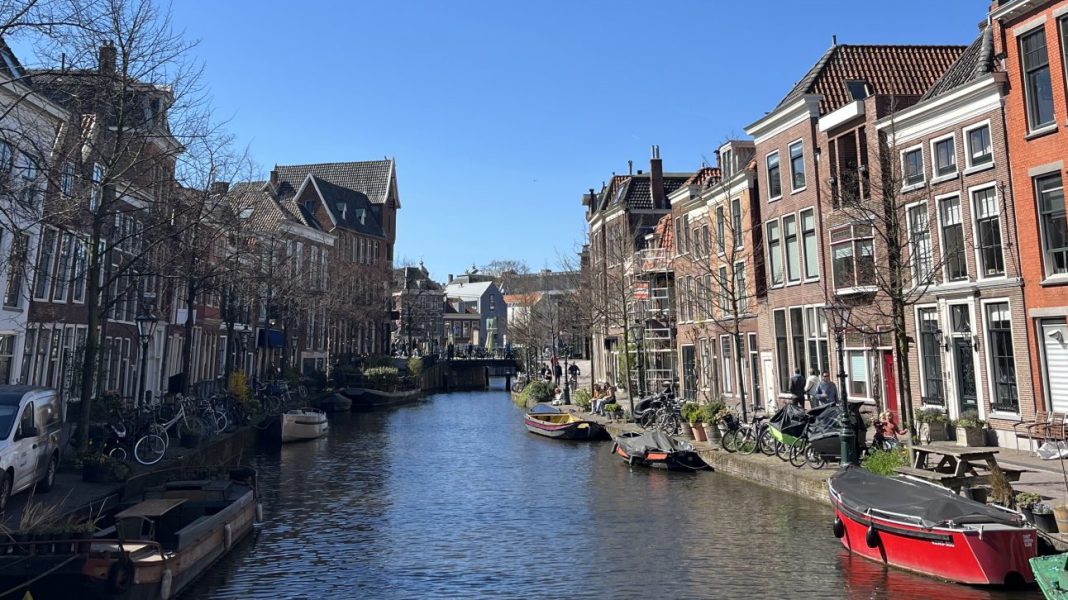We’re often told that a year abroad in Europe is meant to be the time of our lives. It can be both intellectually enriching and personally fulfilling to spend a year in a foreign country, learning a new language and connecting with a different culture. As someone who spent a year doing just that, I can tell you that in many ways, I learned more during those twelve months away from Oxford than in the two years I spent there. I picked up rowing, learned Dutch, and explored areas of my discipline that were not on offer back home.
But for some of us, that’s not the whole picture. Because when you’re abroad and visibly different, even the most mundane experiences – like buying fish at a market – can turn into moments of confrontation, confusion, or fear.
This year, even though I was technically living in the Netherlands, I found myself back in Oxford more often than I expected. Partly because I missed my friends: many of them are graduating this summer, and I wanted to spend more time with them before they left. But there was another reason, one I don’t usually talk about.
As a person of colour, I found living in the Netherlands unexpectedly difficult.
I want to be clear: I don’t claim to speak for anyone else. Everyone’s experience abroad is different, and this is just mine. But having lived in Leiden for nearly ten months, I can say I was racially harassed and abused on a regular basis.
Some of it was subtle. One afternoon in a shop, wearing my puffer jacket — the only warm coat I had — a man approached me.
“Do you go to Oxford?” he asked.
I smiled. “Yes, I do.” As the first in my family to go to university, I carry enormous pride in that.
He frowned. “Well, that can’t be right.”
I froze. “What do you mean?”
“You don’t look like you go to Oxford,” he said. I must have looked confused, because he scoffed and added, “You know what I mean.”
I didn’t reply. I walked away, unsettled and unsure if I’d imagined it. But I hadn’t.
Then there were other moments, uglier ones. Soon after I arrived, I visited the famous Saturday market in Leiden; in a tradition dating back centuries, farmers and fishermen would bring their fresh produce and set up stalls around Nieuwe Rijn – literally ‘New Rhine’ – with bikes and fresh tulips adorning the canal path.
On that visit, I had a handful of herring and hatred from the locals.
First, a group of young men screamed ‘Chinese’ (pronounced SHE-nase in Dutch) to me and my friend; we shrug it off. Then, an old man stops me in my tracks, blocks the busy pavement, and starts lecturing me with everyone else around us watching. My mind goes blank. What is happening? His speech is mumbled and hard to discern, all I could comprehend is something along the lines of how no one speaks Dutch anymore. Passers-by stared. I stood frozen. When he finally walked away, I did too, numb and shaken, unable to understand what had just happened to me.
I stopped going to the market.
If you know me at all, you’d know that this isn’t my normal style. There are lots of reasons for that. Often, when minorities speak out about their experience of hatred and bigotry, they are simply met with more vitriol and abuse. Some will say I made this up; some will call me an attention seeker. At the same time, writing about these things is hard; it is both mentally demanding and emotionally exhausting to dig up something that I would much rather never have to think about, let alone write down.
Sometimes I also wonder why I have to do this at all. Why I need to remind people that Europe isn’t just cobbled streets and cathedrals. That your experience in Burgundy or Bologna may not be the same as mine. That people who look like me move through the world differently. My friends, who spoke so fondly of their time abroad, meant no harm. I don’t blame them. And the vast majority of Dutch people I met were warm, kind, and patient with me as I struggled through conversations in my broken language.
All I want to tell you, dear reader, is that the next time your friend comes back from their time in Europe, in the quieter moments between the funny stories of that time in an Irish pub or failing that language exam, ask them gently: What was it really like?


